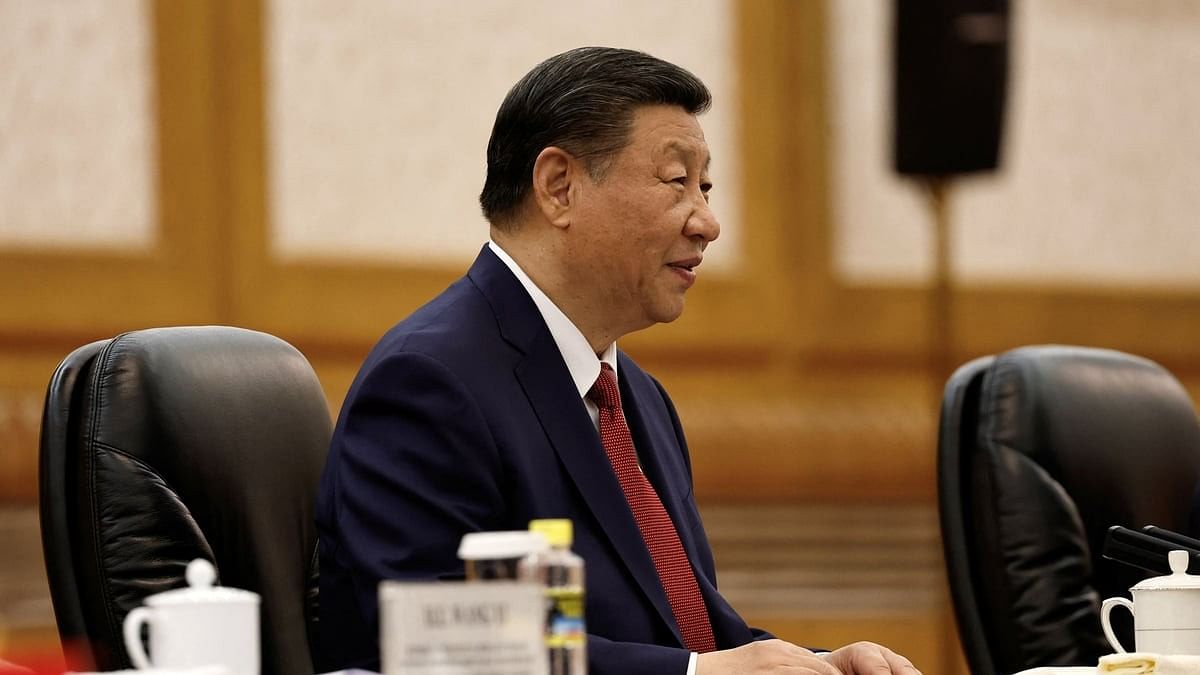
Chinese President Xi Jinping,
Credit: Reuters photo
Beijing: China on Thursday protested to India over Prime Minister Narendra Modi's social media statement that he looked forward to having closer ties with Taiwan, insisting that New Delhi should resist Taiwan authorities’ 'political calculations.'
China views Taiwan as a rebel province that must be reunified with the mainland, even by force.
Modi's remarks came in response to a congratulatory message from Taiwan President Lai Ching-te on his election victory.
Lai, elected as Taiwan's President last month, in a message posted on X said, “My sincere congratulations to Prime Minister @narendramodi on his election victory.
“We look forward to enhancing the fast-growing #Taiwan-#India partnership, expanding our collaboration on trade, technology & other sectors to contribute to peace & prosperity in the #IndoPacific," Lai said.
In his reply posted on X, Modi said, "Thank you @ChingteLai for your warm message. I look forward to closer ties as we work towards mutually beneficial economic and technological partnership”.
Reacting to the messages, Chinese Foreign Ministry spokesperson Mao Ning said China has lodged a protest with India on this.
First of all, there is no President in the Taiwan region, Mao said, when asked for her comments at a media briefing here.
“On this question, China opposes all forms of official interactions between Taiwan authorities and countries having diplomatic relations with China,” she said.
There is but one China in the world and Taiwan is an inalienable part of the territory of the People’s Republic of China, she said.
The One China principle is a universally recognised norm in international relations and the prevailing consensus, she said.
India has made serious political commitments and should resist Taiwan authorities’ political calculations, she said.
“China has protested to India about this," she said.
Lai, 64, was sworn in as President of the estranged island of Taiwan last month after winning the Presidential poll.
In his inaugural address on May 20, Taiwan President Lai called on Beijing to cease its intimidation of the self-ruled island after his Democratic Progressive Party (DPP), which has championed democracy in the face of years of growing threats from China, won.